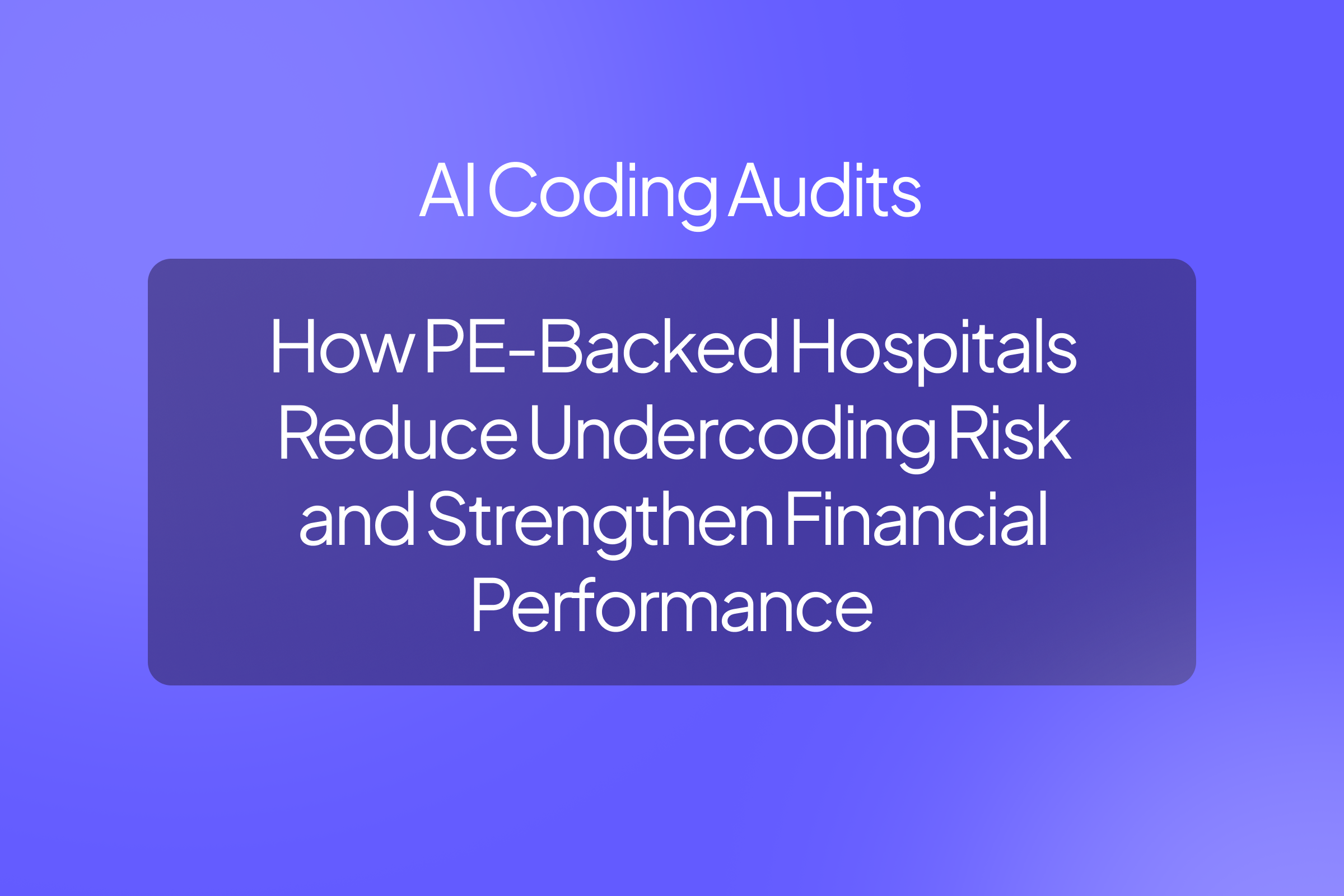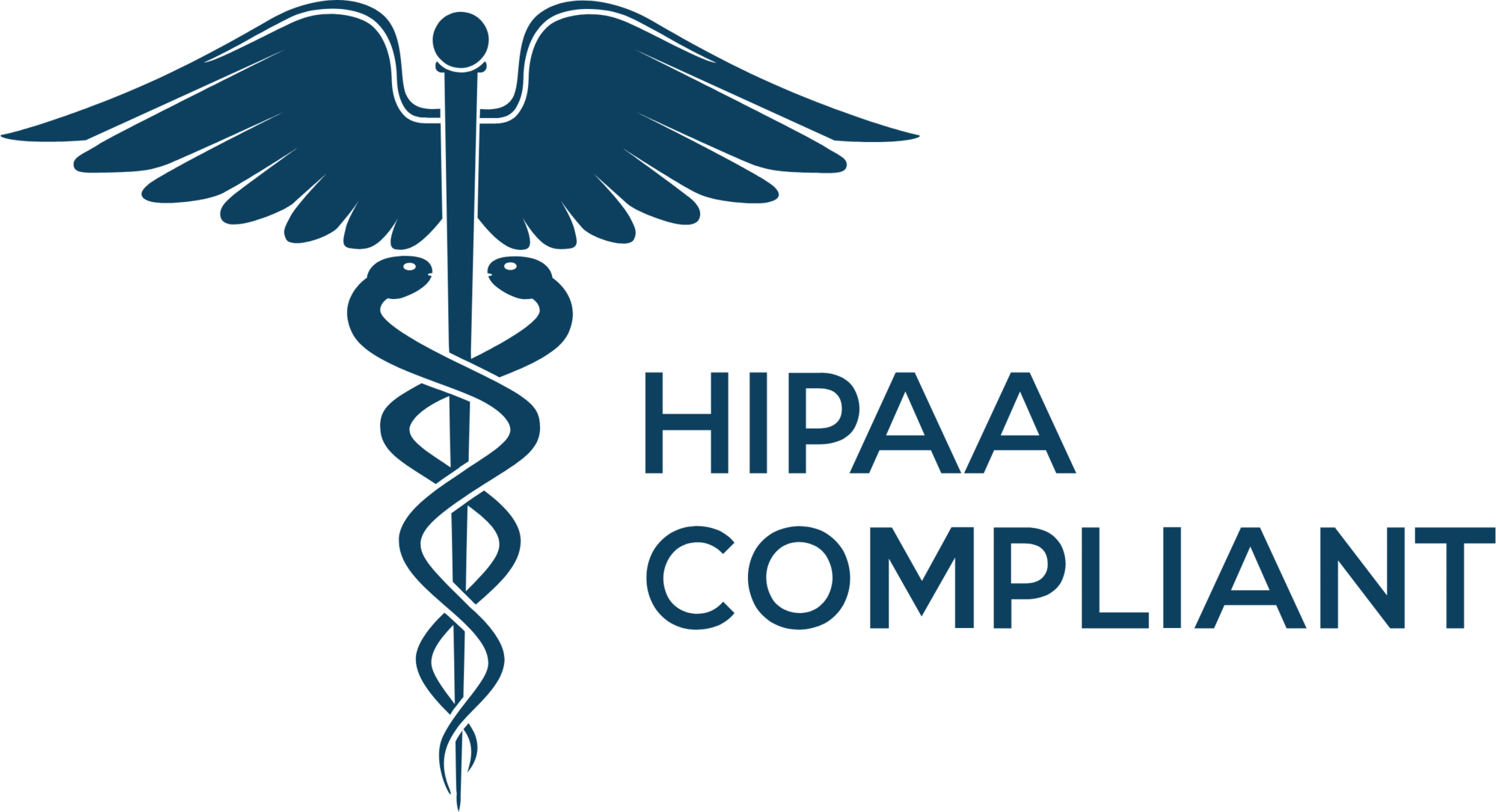
Common Causes of Claim Denials and How to Avoid Them
Did you know that over $262 billion in claims are denied annually across U.S. healthcare organizations? For healthcare providers, this isn't just a number—it's a massive roadblock to financial stability and patient care.
Claim denials create a domino effect of financial and operational challenges. Each rejected claim triggers a cascade of administrative work, resource drain, and delayed revenue that impacts every aspect of healthcare delivery.
Every denied claim means less time and resources for what matters most—delivering exceptional care to patients.
Revenue Cycle Management (RCM) is the financial backbone of healthcare organizations, encompassing all administrative and clinical functions that contribute to the capture, management, and collection of patient service revenue. In today's complex healthcare landscape, effective RCM is crucial for maintaining financial stability while delivering quality patient care.
What Are the Common Causes of Claim Denials in Healthcare?
Claim denials occur for various reasons, including:
- Incorrect patient information
- Missing prior authorizations
- Coding errors
- Late filing
- Medical necessity issues
These rejections create ripple effects throughout the organization, affecting cash flow, resource allocation, and overall financial performance. Industry studies indicate that the average hospital loses 3-5% of its potential revenue due to denied claims, amounting to millions of dollars annually.
What Challenges Do Healthcare Organizations Face in Managing Claim Denials?
Healthcare organizations struggle with:
- Limited visibility into denial patterns and root causes
- Difficulty in tracking appeal deadlines and status
- Inconsistent processes across departments
- Lack of real-time data for decision-making
- Resource constraints in denial management teams
How Can Ember Copilot Alerts Transform Denial Management?
Ember Copilot Alerts represents a revolutionary approach to denial management. The system provides real-time denial notifications and sophisticated tracking capabilities, enabling healthcare organizations to identify patterns and address systemic issues promptly. Through automated workflow management and customizable dashboards, organizations can monitor key metrics and leverage predictive analytics to prevent future denials.
How Does Ember Copilot Strengthen Payer Contract Negotiations?
Ember Copilot transforms payer contract negotiations through comprehensive data analytics and insights.
Key Benefits: • Real-time analytics for stronger negotiating positions • Historical trend analysis and benchmarking • Automated contract compliance monitoring • Performance tracking metrics • Transparent reporting mechanisms
What Role Does Ember Copilot Play in Building Payer Relationships?
Ember Copilot Alerts serves as a foundation for building stronger, more collaborative payer relationships. The platform facilitates data-driven communication, enabling healthcare providers to address issues proactively rather than reactively. Through continuous performance monitoring and transparent reporting, organizations can maintain productive dialogues with payers and resolve disputes efficiently.
Ready to Transform Your Revenue Cycle Management?
The future of healthcare revenue management depends on embracing sophisticated solutions that can adapt to evolving challenges. With Ember Copilot Alerts, you can:
- Significantly reduce denial rates
- Optimize revenue capture
- Focus more resources on patient care
- Maintain financial stability
Don't let claim denials continue to impact your organization's financial health and patient care quality. Take the first step toward transforming your revenue cycle management today.
Contact us to schedule a demo and discover how Ember Copilot Alerts can help your organization reduce denials, strengthen payer relationships, and improve financial outcomes.
Lynn Hsing is a recognized leader in healthcare marketing. Having worked closely with health systems and providers, Lynn brings a nuanced understanding of the challenges they face — from administrative burden and claim denials to reimbursement delays and staff shortages. This firsthand insight has shaped Lynn’s ability to translate complex AI solutions into meaningful value for healthcare organizations.








